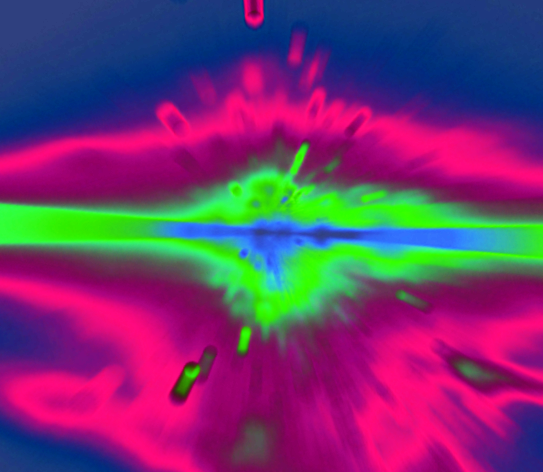Fusion record reported
 European scientists have set a new world record in fusion energy.
European scientists have set a new world record in fusion energy.
The Joint European Torus (JET) facility, under the European consortium EUROfusion, has yielded 69 megajoules of energy from a controlled fusion process, surpassing previous benchmarks.
The record-breaking experiment was part of a series of tests aimed at validating operational scenarios for the International Thermonuclear Experimental Reactor (ITER) and future fusion power plants.
JET's capability to operate with deuterium-tritium fuel, mirroring the conditions expected in future fusion reactors, was instrumental in achieving this result.
“Perhaps even more interesting to me than the record is what we have achieved in terms of operating scenarios for ITER,” said Emmanuel Joffrin, Head of EUROfusion's Tokamak Exploitation Task Force.
The experiments demonstrated advanced control over the fusion process, offering insights crucial for the development of ITER and subsequent fusion power plants.
The fusion energy produced during the experiment is equivalent to the energy released by burning 2 kilograms of coal but without the associated carbon emissions.
This achievement not only surpasses previous records set by JET but also significantly exceeds the energy output from a recent experiment at the US National Ignition Facility, highlighting the strides being made in fusion energy research.
UK Minister for Nuclear and Networks, Andrew Bowie, lauded the experiment as “a fitting swansong after all the groundbreaking work that has gone into the project since 1983”.
As JET concludes its operations, the legacy of its contributions to fusion science is set to influence the ITER project and future fusion power plants, promising a future of safe, low-carbon, and sustainable energy.







 Print
Print